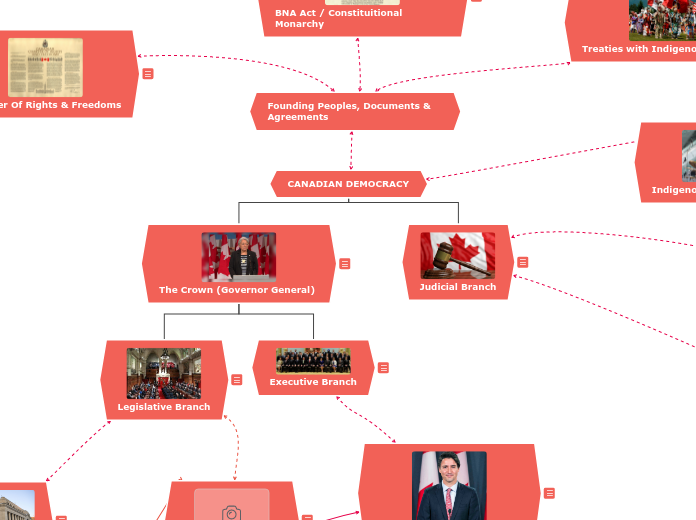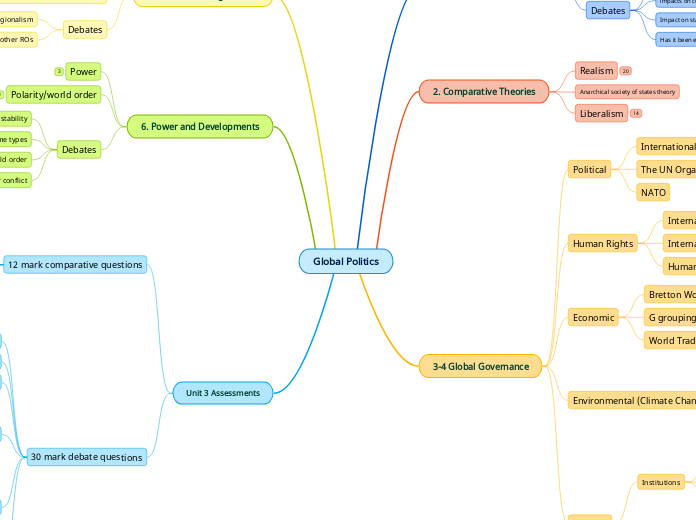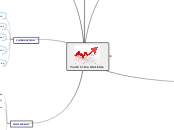Issues / Stress Points
Voter Turnout / Democratic Engagement
Another issue that has been growing in Canada's constituitional democracy model is the decrease in Voter Turnout and loss of Democratic Engagement. Year after year, less and less people are showing up to vote at the booths, symbolising how elections are becoming ineffective of showcasing Canadian society's beliefs and decisions. Three-quarters (76%) of eligible Canadians reported voting in the 2021 federal election, down 1 percentage point from the 2019 election. Among eligible youth aged 18 to 24, 66% cast a ballot in the 2021 federal election, down 2 percentage points compared with 2019. This trend needs to be reversed or will prove elections to be ineffective of their original purpose.
Conflicts of Legislation
One of the stress points of Canada's Constituitional Democracy model is the potential for conflciting legislation. With the current model and power assigned to each branch of legislation, provinces could overturn the effects of the Federal Law. Such an example arose with the introduction of Alberta's Sovreignity Act in December 2022. The "Alberta, First" act conflicted with the interests of the Federal Government due to different agendas of each government. The Federal Government is on path to reducing output of Natural Resource based industries to achieve their climate goals while the new premier of Alberta believes that they cap the potential of Alberta's industrial workforce. She introduced the act to continue the growth of the province's industries and has faced heavy controversy.
Political Scandals / Corruption
The Canadian Democracy has had its fair share of political scandals through various administrations. Having a democracy-based government becomes a thriving environment for issues such as political scandals and corruption due to how elections become competitive. A notable example of a poltical scandal was the Sponsorship Scandal in the early 2000s. The scandal involved the misallocation and use of funds dedicated towards helping rebuild infrastructure in Quebec. After the leak, public trust in politicians tarnished. Another recent example of a scandal was the SNC-Lavalin Affair involving Justin Trudeau's government.
Indigenous Peoples Rights
The relationships between the Canadian government and Indigenous peoples have been a long-lasting issue. After the Indian Act was enacted in 1876, the community has been subject to marginalization, discrimination and ignorance. The government of Canada has failed to comply to their promises to assist the communities with the reform of their infrastructure.
Founding Peoples, Documents & Agreements
(Lower Courts)
Court Martial of Appeal Court
Provincial Court of Appeal
Federal Court of Appeal
(Upper Court) Supreme Court Of Canada
Advocacy/Lobby Groups
Advocacy and Lobby Groups play an important role in shaping beliefs and opinions of Canada's government system because of the impacts they have on the public. These groups often have distinctive agendas and voice their opinion through social media, protests and other channels. An example of a lobby group is PolySeSouvient, a group of survivors from the Ecole Polytechnique school shooting. They are active on Social Media and encourage people to support Bill C-21, a bill that would ban guns in Canada.
Citizens
Citizens are the building blocks of any functional democracy system. In Canada, citizens have the responsbility to abide with duties in their communities (such as paying taxes). One of those duties include Voting. This duty is very important because of how their vote determines the future of Canada's government. They must be aware of what each party is offering to do during campaigns and decide on a vote.
Prime Minister & The Cabinet
The Prime Minister is the leader of the political party that holds the majority of seats(currently Liberals) in the House of Commons and is responsible for making policy decisions, leading the government, and representing Canada on the global stage. The(ir) Cabinet consists of selected Members of Parliament (MPs) appointed by the Prime Minister, who act as ministers for various gov-based departments.
Free and fair elections
Free and fair elections help pick a democratically-supported leader. Elections happen at municipal level for mayoral elections, regional levels for MPPs and federal levels for MPs. These elections help preserve democracy in Canada. Often, elections are held every 4 years.
Free and independent press / Journalism
Despite having no official authority, Journalism plays an important role in regulating the behaviour of a government. With their large following and influence, they are able to pressure the government into making decisions that will help Canada. Keeping journalism free and independent is essential for the functioning of a democracy because of how they get to demonstrate a freedom of speech.
House Of Commons
The House of Commons is lower chamber of the Legislative Branch and consists of 338 members/seats. It is composed of Members of Parliament (MPs) who are elected by Canadian citizens. These members actively debate with the Prime Minister and their cabinet in policy-making.
Senate
Consisting of 105 members/seats, the Senate is the upper chamber of the Legislative Branch. The senators appointed into it are not democratically elected but are rather selected based on the recommendation of the Governor General. These senators review proposed legislation by the Prime Minister, their cabinet and the house of commons. They conduct final checks and assess the impacts of the proposed policy before approving it for enactment.
Charter Of Rights & Freedoms
The Canadian Charter of Rights and Freedoms guarantees certain rights and freedoms to all individuals in Canada, including fundamental freedoms (such as freedom of speech and religion), democratic rights (such as the right to vote), legal rights (such as the right to a fair trial), and equality rights (such as protection against discrimination). It was introduced by the government of Prime Minister Pierre Trudeau and came into effect on April 17, 1982.
BNA Act / Constituitional Monarchy
The BNA Act of 1867 helped define the structure of the Canadian government and the distribution. It was enacted by the British Parliament and established the Dominion of Canada, unifying the British colonies of Canada (Ontario and Quebec), New Brunswick, and Nova Scotia into a federal state.
Treaties with Indigenous peoples
The treaties helped build peaceful coexistence (for a period of time), land sharing, and resource-sharing between Indigenous peoples and settlers, providing a foundation for the establishment and development of Canada as a nation. Many treaties were broken due to colonial interests of utilising natural resources and land in Canada.
CANADIAN DEMOCRACY
Judicial Branch
The judicial branch in Canada is responsible for applying the law formed by the Legislative Branch and other documents such as Charter of Rights and Freedoms. It includes the Supreme Court of Canada, which is the highest court in the country, and other federal and provincial courts that handle legal issues and maters.
The Crown (Governor General)
The Canadian Governor General acts as a Canadian figurehead to pay allegiance towards the British Monarchy. While they have no power, they play an important role in preserving traditions of British influence in Canada. Their duties include giving royal assent to legislation, opening and closing sessions of Parliament, appointing and swearing in the Prime Minister and Cabinet, and representing Canada on state visits and other official functions.
Executive Branch
In Canada, the executive branch is responsible for implementing and administering laws. It is lead by the Crown (represented by the Governor General) and the Prime Minister, who is the head of government and leads the executive branch, making decisions, formulating policies, and overseeing the various departments and agencies that carry out government functions.
Legislative Branch
The legislative branch plays an important role in helping form laws and governance in Canada. It consists of the Parliament of Canada, which is composed of two chambers: the elected House of Commons and the appointed Senate. The legislative branch proposes, debates, and passes laws that govern the country.









